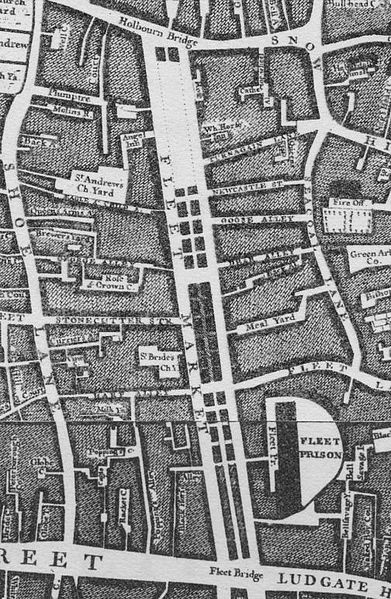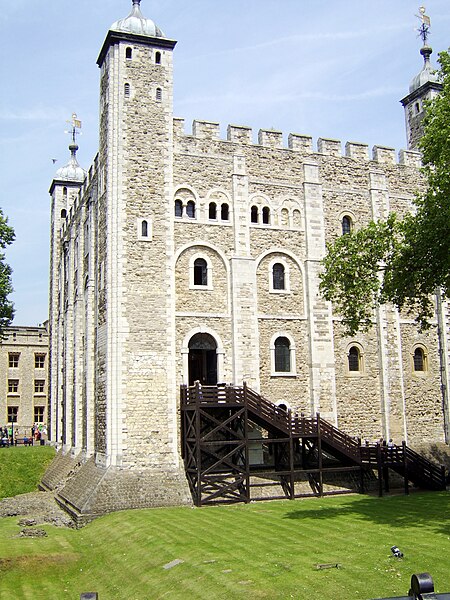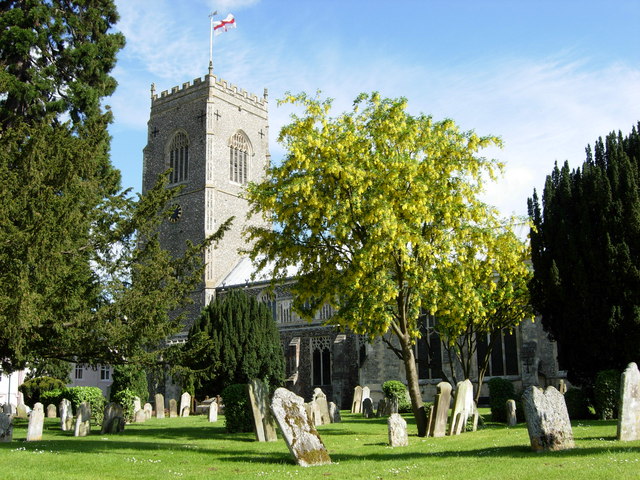 |
| Henry Howard |
Henry blamed
the Seymours for his cousin’s downfall and early in 1542 wrote a
vitriolic allegorical poem directed at Anne Seymour, Edward’s
second wife, who may have snubbed Henry when he asked her to dance. It was also
a hit at the new men at court and makes reference to the brave Howard clan,
many of whom were still locked up the Tower. The poem made specific reference
to Henry’s uncle Thomas who died in the Tower for love of Margaret Lennox.
Henry has
been credited with bringing the Renaissance style of poetry to England,
introducing the sonnet form. Poetry was an acceptable
pastime at the Tudor court and courtiers were expected to have some skills in
writing ballads and poems. Henry used allegory to complain about what he saw as
the injustices of life. Often these injustices were matters that Henry brought
on his own head by his ‘foolish pride’
and arrogance.
Henry had
lived his life weighed down by the expectations of others, in particular his
father who had very rigid expectations of how the future fourth duke of Norfolk
should behave. In his poetry Henry was able to represent himself as a noble and
isolated hero of his dreams. It was this façade that he presented to his fellow
nobles,
‘That then stir up the
torment of my breast
To curse each star as causer of my fate.
And when the sun hath eked the dark represt
And bought the day, it doth
nothing abate
The travail of my endless smart and pain.’[i]
When Sir
Thomas Wyatt died not long after Catherine Howard’s execution Henry wrote an
elegy in heroic quatrains to his friend and fellow poet. Wyatt’s poetry was
less explosive than Henry’s; Henry wrote with a disregard for the consequences,
much as he lived his life. Henry was a man out of place in the Tudor court
where one mishap could end you up on the block.
Wyatt and
Henry translated Petrarch’s sonnets. Henry also translated Virgil’s second and fourth books of the Aeneid into blank verse in rhyming meter and it is believed that he was the first
English poet to do use the form.
Fighting Up North
 |
| The Fleet |
July 1542
saw Henry in the Fleet for quarrelling with one Jhon a Legh[ii];
it is possible that Henry assaulted the victim or challenged him to a duel[iii].
Henry immediately sent his servant to demand of the council that he be released
with immediate effect. In early August Henry was released on his own
recognisance of ten thousand marks[iv].
The
following month saw Henry on the road to Scotland to fight incursions from
Scottish raiders, owing allegiance to King James V, Henry VIII’s nephew. Henry VIII
declared war on the Scots, knowing that their French allies were embroiled on
the continent fighting Charles V. The Duke of Norfolk was made Lieutenant
General of the army and Henry travelled in his father’s wake.
The English
army of 20,000 crossed the border at Berwick on Tweed on 21st October with orders from the king to
perform ‘some notable exploit’. The
appalling weather forced the army back into England having done little more
than sack Kelso Abbey and the nearby town. The king was not amused writing to
Norfolk about;
‘The loss of this enterprise
[which was] not of such sort as we did trust and desired.’[v]
But the
king’s amour propre was soothed when Sir Thomas Wharton[vi] won the Battle of Solway Moss in November[vii].
The Howards and their men were not involved in the fighting and Henry returned
to London more restless than ever, his aggression un-blunted by what little
action he had been caught up in.
Fighting at Home and Abroad
 |
| Arms of Sir John Wallop |
Back from
Scotland found Henry setting up home in London, but he quartered himself in Cheapside and a number of his servants and braggarts ran amok. His father’s
connections got him off the charges only for Henry to fall foul of Bishop Gardiner’s
fasting laws. In April 1543 he was interrogated by four privy councillors who
were sympathetic but Surrey found himself back in the Fleet. Once again he took
up his pen to rage against unkind fate.
Henry was
out of prison by May 1543[viii]
and back at court in time to see Henry VIII sign a peace treaty with the Holy
Roman Emperor. The two powers planned a joint invasion of France. Sir John Wallop led the English force across the Channel and Henry begged
the king for permission to march with them.
Henry
arrived at the English camp outside Landrecy in October 1543. Henry immediately set about orientating himself to the
approbation of Sir John who wrote an approving letter back home. The siege of
Landrecy was lifted by the arrival of François with an army which camped at Cateau-Cambrésis. The English were lured away from Landrecy which
François immediately re-victualised before decamping with his army. Henry
returned home.
Henry was
back in France the following year with another invasion force; Norfolk was
Captain of the Vanguard and his son and heir was Marshall of the Field. The
weather conspired against the English who planned to besiege Montreuil. The choice of town was not a happy
one and both Norfolk and the imperial generals inveighed against going ahead; but
from far away in England Henry VIII overruled them.
The armies
were subjected to a series of attacks by the French which reduced their
effectiveness, especially when Henry VIII changed his mind and insisted that
the priority was Boulogne. The king actually crossed the channel to impose his
priorities upon the joint armies and Henry and his uncle William were present
when Boulogne surrendered to Henry VIII.
 |
| Ramparts of Montreuil |
It was too late
for the army at Montreuil; the French Dauphin Henri came to the town’s relief
and on 28th September 1544 the English decamped. Henry, as Marshall
of the Field, was responsible for the army’s evacuation. They arrived at
Boulogne relatively safe and sound on 30th September thanks to
Henry’s masterminding of the evacuation.
In April
1544 there were rumours that François intended to regain Boulogne and invade
England with an army of 40,000 men. Henry was appointed responsible for the defence
of the town. And on 3rd September 1545, after a series of deaths among senior
military men, Henry was made Lieutenant General of the King on Sea and Land for
all English continental possessions. Norfolk wrote to Henry advising him not to
encourage Henry VIII’s desire to permanently extend the Pale of Calais;
‘Have yourself in await,
that ye animate not the King too much for the keeping of Boulogne, for whoso
doth, at length shall get small thank. I have so handled the matter, that if
any adventure be given to win the new fortress at Boulogne, ye shall have
charge thereof.’[ix]
Henry
ignored the warning, as he did all good advice. But eventually the cost of
holding Boulogne meant that even the king came to his senses and ordered the
evacuation of the town. Henry returned to England.
Proud Foolish Boy
 |
| Tower of London |
Henry Howard
has been described as;
‘An extravagant roistering
soldier-poet….a brilliant, indiscreet young man who loved to flout conventions
both trivial and important, ostentatiously refusing to eat meat in Lent,
complaining openly about the power given to low-born men like Wolsey and
Cromwell and, worse, boasting about his own descent from the Plantagenets.’[x]
It was this
arrogance which was to bring Surrey and his father to the Tower. The two Seymour brothers, Edward in particular, were
looking forward to a long period of power during their nephew’s minority and
the Howards were an irritant in their rosy vision of the future.
On 12th
December 1546 both Surrey and his father were arrested and taken to the Tower.
A plot had been uncovered; at Surrey’s instigation his sister Mary was to
romance the king;
 |
| St Michael's Framlingham |
Upon being
questioned Mary incriminated both her brother and her father[xii].
Henry VIII was more than happy to rid himself of the Howard family and their pleas
for mercy were ignored. To compound his arrogance Surrey had quartered his arms
with those of Edward the Confessor. Edward Seymour and John Dudley, Viscount Lisle were more than happy to use the plot and Surrey’s arrogance
to topple their rival Norfolk
On 7th
January Parliament passed an act of Attainder against both Surrey and Norfolk.
Surrey was tried at the Guildhall on 13th, found guilty and
condemned to death. Surrey was executed on 19th January 1547[xiii]
and was buried at the church of St Michael the Archangel, in Framlingham. Norfolk’s writ of execution was
signed by the king on 27th January. Norfolk’s execution was set for
the following morning but it was Henry who was to die instead.
Bibliography
Thomas Wyatt
– Susan Brigden, Faber and Faber 2012
Henry VIII’s
Last Victim – Jessie Childs, Vintage Books 2008
The Ebbs and
Flows of Fortune – David M Head, University of Georgia Press 2009
House of
Treason – Robert Hutchinson, Phoenix 2009
Henry VIII –
Robert Lacey, Weidenfeld & Nicholson & Book Club Associates 1972
The Earlier
Tudors – J D Mackie, Oxford University Press 1992
Rivals in
Power – David Starkey, MacMillan London Ltd 1990
The Six
Wives of Henry VIII – Alison Weir, Pimlico 1992
The Lost
Tudor Princess – Alison Weir, Vintage 2015
A Tudor
Tragedy – Neville Williams, Barrie & Jenkins 1964
www.wikipedia.en
[i]
Henry VIII’s Last Victim - Childs
[ii]
Possibly John Leigh of Stockwell, Queen Catherine’s half-brother
[iii]
Illegal within the confines of the court
[iv]
In 2015 the relative: historic standard of
living
value of that income or wealth is £5,559,000.00 labour earnings of that income or wealth is
£54,490,000.00 economic status value of that income or wealth is £194,100,000.00 economic power value of that income or
wealth is £2,427,000,000.00 www.meeasuringworth.com
[v]
Henry VIII’s Last Victim - Childs
[vii]
James V died within the month to be succeeded by his newly born daughter Mary, Queen of Scots
who was to embroil Henry’s son Thomas in her web of deceit – see http://wolfgang20.blogspot.co.uk/2013/10/a-fatal-lust-for-power-iv.html
and http://wolfgang20.blogspot.co.uk/2013/10/a-fatal-lust-for-power-v.html
[ix]
Rivals in Power - Starkey
[x]
Henry VIII - Lacey
[xi]
The Six Wives of Henry VIII - Weir
[xii]
It is believed that Mary was angry that neither father nor brother had helped
in her fight for some of her dower from Fitzroy; she was poor and reduced to
living in her father’s home, with only her title as a remnant of her marriage
[xiii]
The last person to be executed in Henry’s reign
interesting that he introduced blank verse, paving the way for Shakespeare and others. Arden of Faversham is based on a true story, somewhat sexed up and glossing over the fact that the yclept Arden was a miser and a wife beater.
ReplyDelete